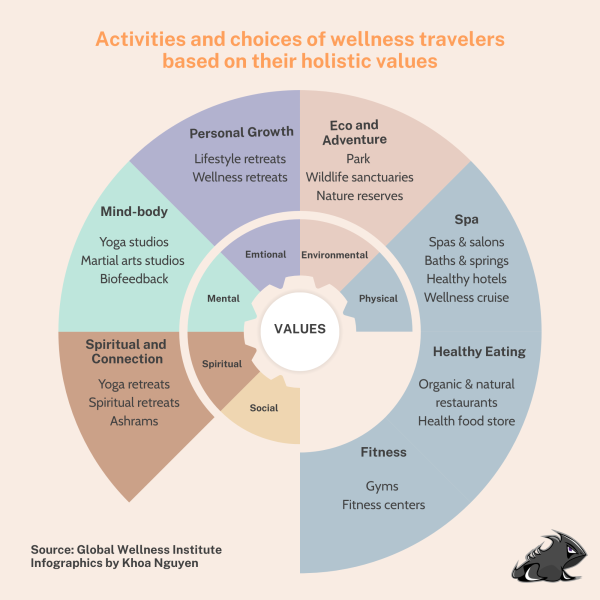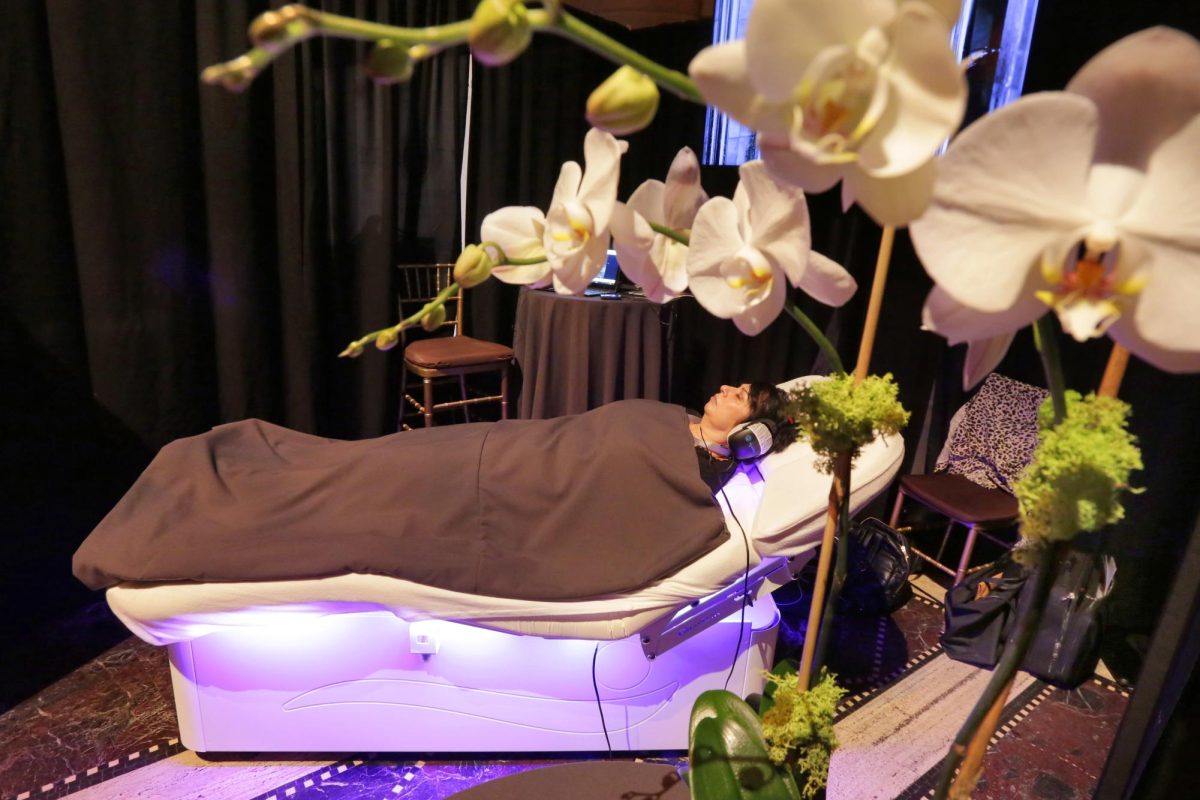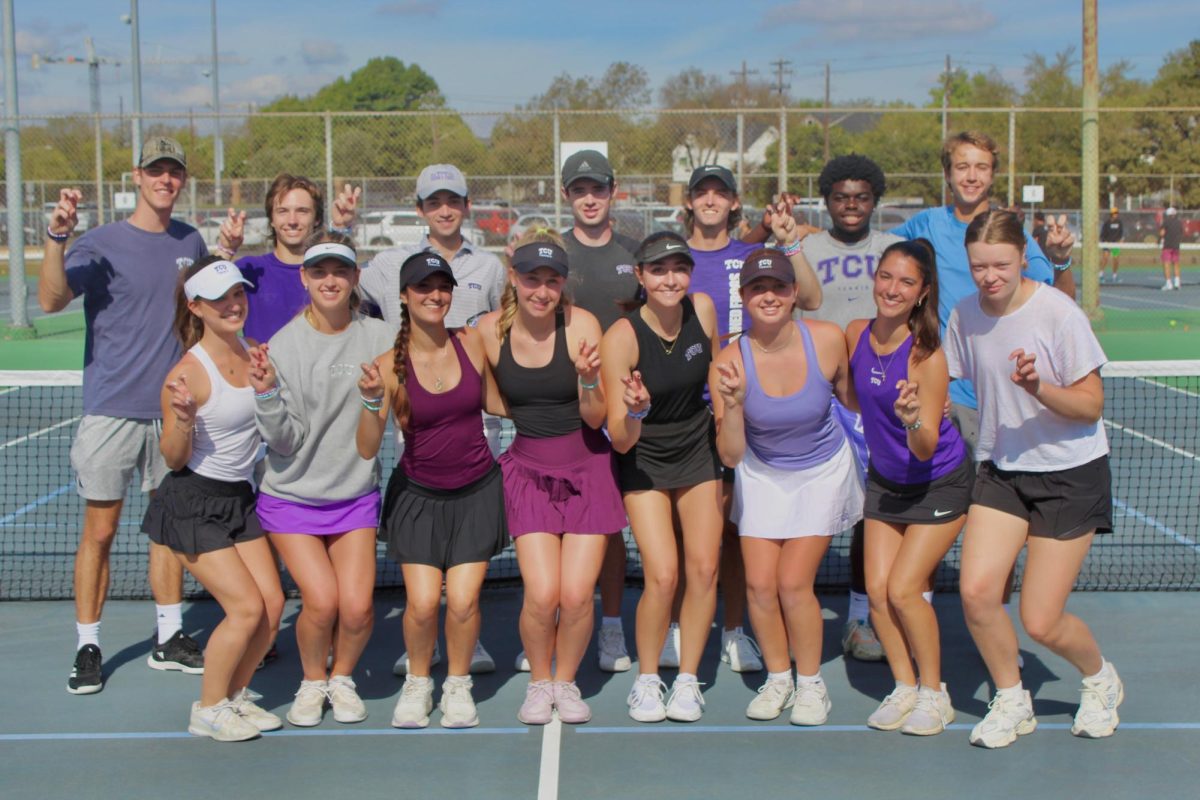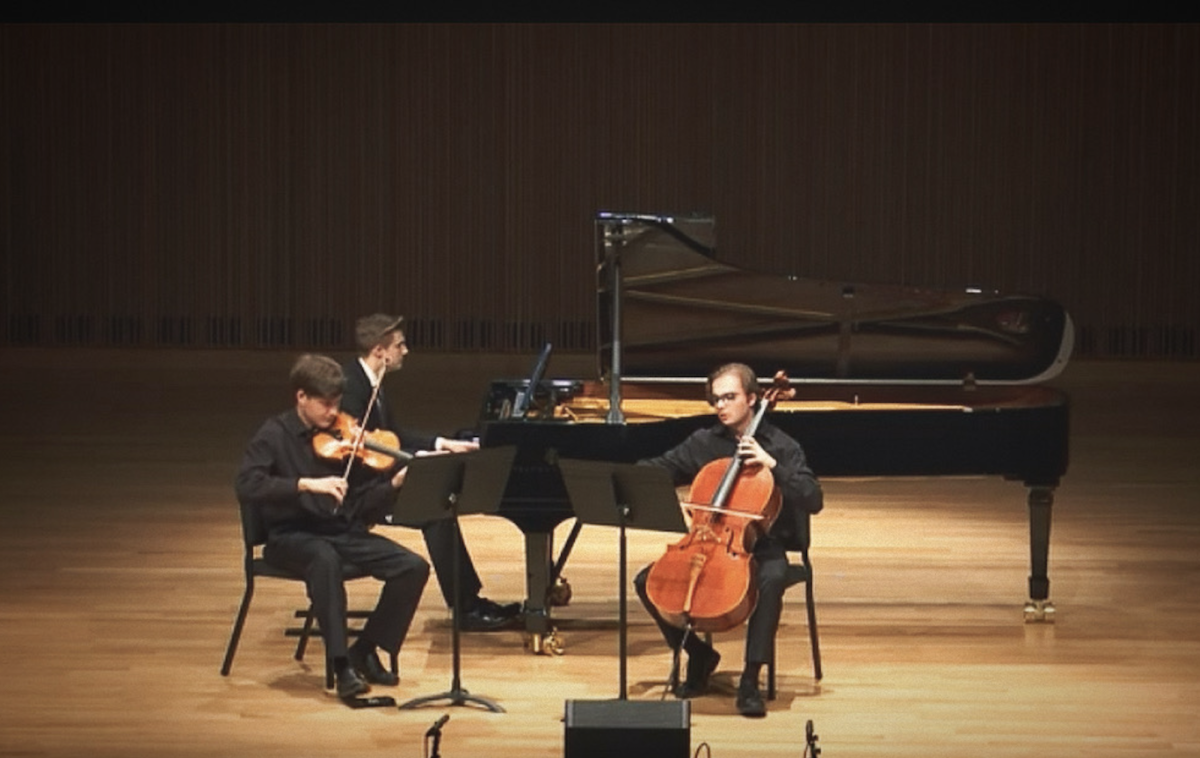As summer break approaches, many TCU students look for ways to recharge their minds and bodies.
One way is wellness travel, any trip focused on leisure, rest and relaxation, coined as “vitamin T” by the Kayak booking platform.
Many college students struggle with mental health issues. According to the Healthy Minds Study, more than 60% of students on 373 U.S. campuses meet the criteria for at least one mental health issue. Another survey by the American College Health Association found that almost 75% of students reported moderate or severe psychological distress.
Wellness travel is one option for TCU students to cope with depression and anxiety after the school year.
“TCU’s academic pressure is what you make of it,” said Sophia Richards, a senior majoring in strategic communication and minoring in digital culture and data analytics. “Of course, this differs between majors within the university, but there are several avenues for more advanced courses and opportunities to be involved.”
Graduating in three years instead of the traditional four-year track, Richards has taken heavy credit loads every semester.
“Traveling on holiday breaks and weekends is a way to reward myself for my hard work, but also to spend time with people I love,” she said. “Whether it’s a family trip, a relaxing weekend or a last-minute jam-packed adventure with friends, I love the opportunity for new experiences and a break from my busy lifestyle at TCU.”
Wellness travel encompasses a wide array of activities that promote well-being, including preventive health services, spa treatments, beauty therapies, fitness programs and nature-based experiences, according to the Global Wellness Institute (GWI).

Each state offers a unique wellness experience shaped by its culture, natural landscapes and culinary traditions, according to GWI. California, for example, offers weight-loss and detox retreats, while Colorado offers hiking and mountain yoga retreats.
Global wellness tourism trips grew about 9% each year from 2012 and peaking at 936 million trips in 2019, according to GWI. During the same period, wellness tourism spending climbed 7% annually, totaling $720 billion in 2019.
Although growth stagnated due to the COVID-19 pandemic, it has begun to recover. Over the next two years, the number of wellness tourism trips is projected to increase by 15%, with expenditures expected to rise by 17%.
The University Recreation Center has organized numerous adventure trips as part of the Campus Recreation and Wellness Promotion’s Outdoor Programs. These offer students the chance to explore Texas, connect with nature and participate in outdoor adventure sports and activities during school breaks.
TCU students visited Buffalo River last Spring Break. “We spent a total of five nights camping,” said Alvie Thai, a senior majoring in computer science and mathematics.
“The day usually started with breakfast around 8–9 a.m., followed by a hiking trip that typically lasted around three to four hours. We spent the afternoon just hanging out at the campsite and the nighttime around the campfire.”
Thai described the camping trip as a much-needed escape that allowed her to disconnect from technology, especially since there was no service available at the campsite. The experience gave her a mindful reset and helped her feel more prepared for the rest of the semester.
Emily Tumilty, an outdoor programs coordinator at the rec center, said, “I have heard from students that participation in our trips allows them to meet new friends, try things they wouldn’t otherwise try and challenge themselves in new and exciting ways.”
Although the rec center will not host any adventure trips or outdoor programs during the summer, full moon paddles and the fall break trip will be offered again in the fall semester, Tumilty said. She also encourages TCU students to find ways to stay active during the summer break, whether indoors or outdoors.










